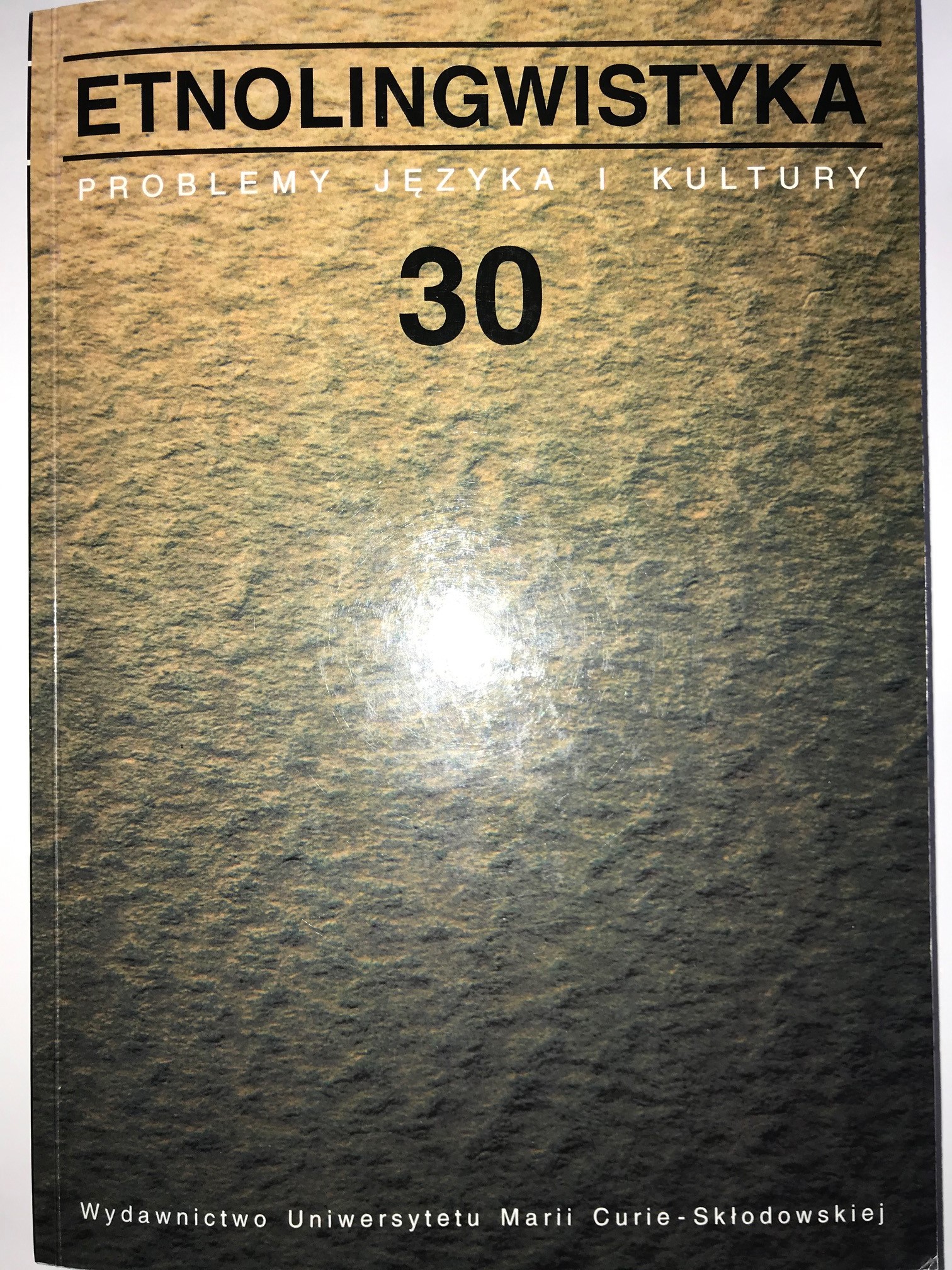Looking at Europe through a Basque lens: Ethnolinguistic considerations of two worldviews
Looking at Europe through a Basque lens: Ethnolinguistic considerations of two worldviews
Author(s): Roslyn FrankSubject(s): Language and Literature Studies
Published by: Wydawnictwo Naukowe Uniwersytetu Marii Curie-Sklodowskiej
Keywords: Basque (Euskara); asymmetric polarities; animism; gender; reciprocity; relational ontology
Summary/Abstract: The main thesis of this article is that the Basque linguacultural complex provides a window onto conceptual frames reflecting a much earlier animistic worldview, reminiscent of the type of relational cosmologies characterizing ethnographically documented hunter-gatherers. In this respect, even though the Basque language is classed as pre-Indo-European, what that classification might mean from the point of view of the cosmological frames of thought entrenched in the Basque language is taken into consideration, especially the fact that, until the late 20th century, the orally transmitted belief that humans descended from bears was still circulating among Basque speakers. Ethnographic and linguistic evidence points to the possibility that a similar animistic linguacultural substrate was operating across much of Europe during the period in which Indo-European languages and their associated conceptual frames were gaining a foothold. Drawing on the methodological and theoretical tools of cultural linguistics and Habermas’ concept of lifeworld (Lebenswelt), defined as a culturally transmitted and linguistically organized stock of interpretative patterns, a set of asymmetric polarities are analyzed. These are deeply engrained in the linguaculture of Western thought, namely, man/woman, human/animal and culture/nature. Moreover, all of them rest, ultimately, on the notion of human exceptionalism. When viewed from the indigenous frames of the Basque language, these oppositions disappear or are represented in ways more in accordance with the underlying animistic ontology and associated conceptualizations of relational personal identity. In short, the conceptual frames discussed in this study, understandings that are projected through the linguacultural nexus of the Basque language, often align with the ways that animism has been interpreted as expressing a form of relational ontology in which notions of kinship, mutual aid and reciprocity are emphasized and hence closely intertwined. Consequently, the resulting worldview provides a different vantage point for looking back at Western thought and what might have been going on in Europe in times past.
Journal: Etnolingwistyka. Problemy Języka I Kultury
- Issue Year: 30/2018
- Issue No: 30
- Page Range: 189-213
- Page Count: 25
- Language: English

